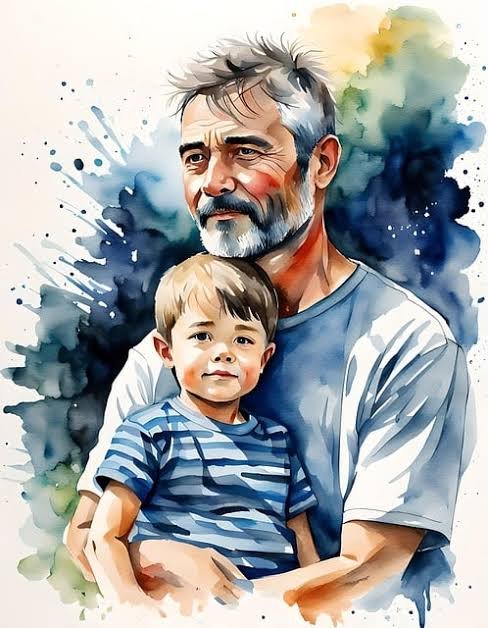PART:-••••34...
In the pre-Islamic era, the relationship between father and son was also of a different nature. Some people used to say...
إنما ولادنا بيننا
اكبادنا تمشي اليل الارض
"Our children are our hearts that walk on the face of the earth"
But there were others who buried girls alive for fear of disgrace and expense and killed boys for fear of poverty and starvation. (Quran 6:101-16:58,59-17:31-81:8)
But it is difficult to say that this callousness was widespread because the Arabs needed children much more than others to protect themselves from their enemies and they were aware of it.
As for the relationship between brothers, cousins and family members, they were particularly strong and firm because the Arabs lived and died by tribal loyalty.
The spirit of mutual cooperation and collectivism was fully operative within the tribe. This was further fueled by the spirit of nepotism. They followed the proverb according to its literal meaning:
"Ansara khak zalim au maslooma"
"Help your brother whether he is an oppressor or an oppressed"
The meaning of this proverb had not yet undergone the reform that was later introduced by Islam, namely, helping an oppressor means stopping him from oppressing.
However, the spirit of surpassing each other in honor and leadership often became the cause of war between tribes that originated from the same person, as can be seen in the cases of Aws and Khazraj, Abs and Zubayan, and Bakru Taghlib, etc.
Continued........
Postin time ⏰ 8. 15 am
@aftabalam1
